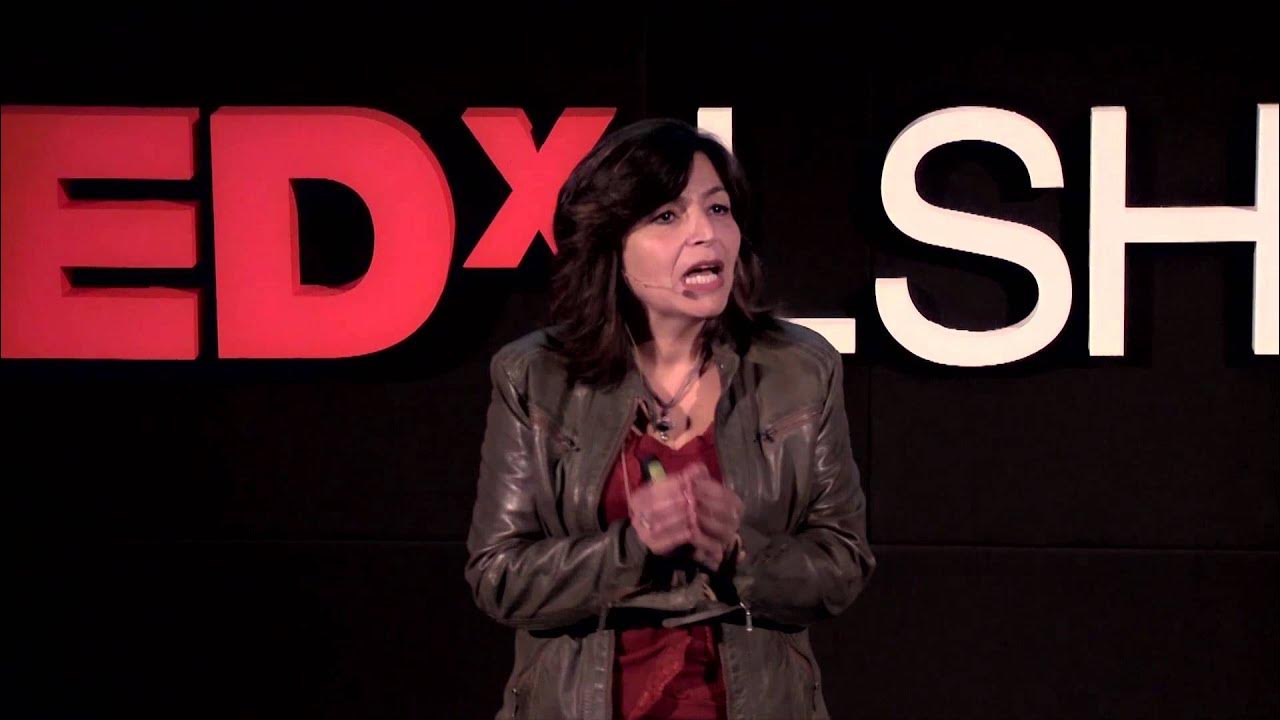Global Cities:The rise of Urban Networks
Summary
TLDRThis documentary explores the rapid, unprecedented wave of urbanization shaping the world today. With over a million people added to urban populations every week, cities are undergoing massive transformations in scale and function. As urbanization spreads across emerging economies in Africa and Asia, it brings both opportunities and challenges. The rise of global urban networks is reshaping economies, governance, and connectivity, driving economic development while also presenting social and environmental hurdles. This new geography of connectivity is transforming cities into hubs of commerce, culture, and global exchange.
Takeaways
- 😀 Urbanization is accelerating at an unprecedented rate, with over 1 million people added to the global urban population every week.
- 😀 The world is on track to double its urban capacity in the next few decades, adding an extra 2-3 billion people to urban areas.
- 😀 This rapid urban growth is primarily happening in emerging economies in Africa and Asia, significantly shifting the global economic center.
- 😀 The scale of infrastructure development in the coming decades will surpass any previous construction efforts in human history, including ports, buildings, roads, railways, airports, and telecommunication networks.
- 😀 Urbanization presents challenges, including the expansion of urban slums, worsening poverty, inequality, and environmental degradation.
- 😀 Despite the challenges, urbanization also creates unprecedented opportunities for economic development by integrating more people into the global economy of exchange.
- 😀 Cities are becoming hubs for global networks, connecting various regions and facilitating the flow of ideas, goods, services, and people.
- 😀 The growth of cities is reshaping their form, scale, and functionality to support global networks of exchange in a rapidly changing world.
- 😀 Global cities and their networks of exchange are becoming key players in the new geography of connectivity, creating new rules for economic success and governance.
- 😀 This transformation is linked to broader technological, social, and economic changes shaping the global economy, making cities pivotal in this new era of globalization.
Q & A
What is the scale of today's urbanization compared to history?
-Today's wave of urbanization is unprecedented in speed and scale. Over a million people are added to the global urban population each week, and in just a few decades, we are set to double our urban capacity, adding two to three billion more people to urban environments.
How much more infrastructure is expected to be built in the coming decades?
-The world will build more ports, buildings, roads, bridges, rail lines, airports, power cables, and telecommunication networks in the coming decades than we have since the beginning of civilization, marking the largest build-out of infrastructure in history.
Where will much of the urbanization take place, and what will be its consequences?
-Much of the urbanization will unfold in the emerging economies of Africa and Asia, leading to significant social, environmental, and economic transformations, as well as shifting the Earth's economic center of gravity.
What are the key challenges of rapid, unplanned urban growth?
-Rapid, unplanned urban growth can lead to the expansion of urban slums, worsening poverty and inequality, making it difficult to provide basic infrastructure, and accelerating environmental degradation.
What opportunities does urbanization present?
-Urbanization presents unprecedented opportunities for economic development, as cities become hubs of commerce, transportation, communication, and finance. They also offer the chance to integrate the majority of the world's population into the global economy.
How are cities evolving in the context of global networks?
-Cities are evolving to support the rise of global networks, becoming more integrated into larger and denser systems of exchange. These networks involve the flows of ideas, people, money, goods, and services, linking cities and regions across the globe.
What does the rise of urban networks imply for global cities?
-The rise of urban networks is reshaping the geography of connectivity, creating new rules for economic success and governance. Global cities are at the center of these networks, which drive economic, social, and cultural changes.
What are the broader transformations linked to the rise of urban networks?
-The rise of urban networks is part of broader social, economic, and technological transformations in the global economy, contributing to the development of new patterns of economic and cultural organization.
How are global cities impacting the world’s economy?
-Global cities are central to the new global economy, acting as hubs of commerce, finance, and innovation. They connect disparate regions and create opportunities for exchange, making them key drivers of economic and social development.
What does the documentary aim to explore?
-The documentary aims to explore the changing landscape of urbanization and the development of urban networks as the emerging geography of connectivity in the age of globalization.
Outlines

هذا القسم متوفر فقط للمشتركين. يرجى الترقية للوصول إلى هذه الميزة.
قم بالترقية الآنMindmap

هذا القسم متوفر فقط للمشتركين. يرجى الترقية للوصول إلى هذه الميزة.
قم بالترقية الآنKeywords

هذا القسم متوفر فقط للمشتركين. يرجى الترقية للوصول إلى هذه الميزة.
قم بالترقية الآنHighlights

هذا القسم متوفر فقط للمشتركين. يرجى الترقية للوصول إلى هذه الميزة.
قم بالترقية الآنTranscripts

هذا القسم متوفر فقط للمشتركين. يرجى الترقية للوصول إلى هذه الميزة.
قم بالترقية الآنتصفح المزيد من مقاطع الفيديو ذات الصلة

Global Cities: Introduction

Mumbai 3.0: The Future of Urban Planning | Shankar Deshpande | TEDxKESShroffCollege

Dlaczego celebryci chcą budować prywatne miasta w Afryce (DziałSplaining#061)

Peter Diamandis Future Trends Part 1

Endangered languages: why it matters | Mandana Seyfeddinipur | TEDxLSHTM

Overview of demographics | Society and Culture | MCAT | Khan Academy
5.0 / 5 (0 votes)
